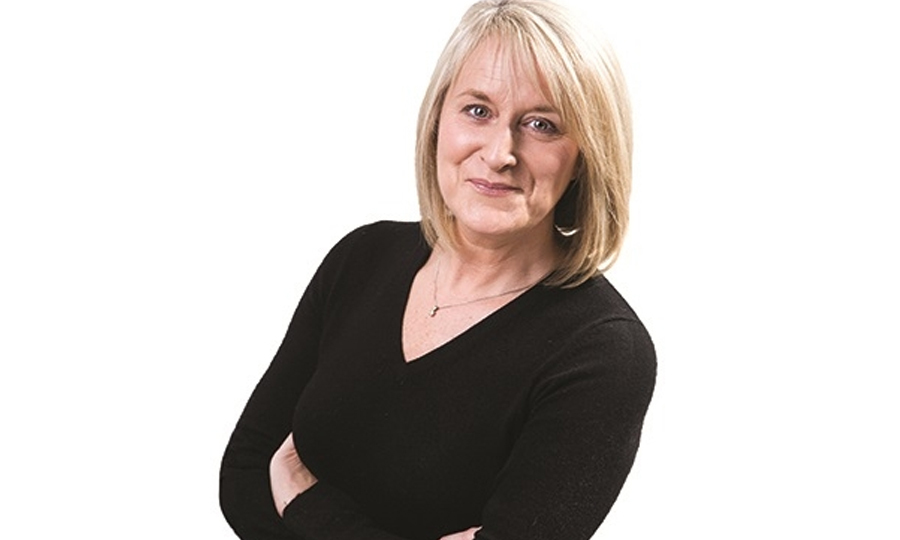
On the eve of International Women’s Day, in 2022, with pestilence and war having been visited upon us, and with women, as always, disproportionately affected by both, we are bizarrely, locked in a debate about what we even mean by the word “woman”.
The phrase “Women won’t wheesht” is a uniquely Scottish response to attempts to put women back in their box, to tell them their concerns aren’t valid, that they are on the wrong side of history, to accuse them of being radicalised, to label them as hateful, to shoot them down as bigots and transphobes, and yet we have fallen so far down this particular rabbit hole that it is women that are being blamed for the divisive debate that is whirling around the reform of the Gender Recognition Act.
Women are losing their jobs, being suspended from political parties, potentially turned away from services designed to protect them, and running the risk of breaking the law, for simply daring to speak up about something that feels so fundamental to them – who they are and how they keep safe.
And the more invidious thing is the way bonds of trust have been broken and barriers erected along with a dividing line that somehow separates people into being pro or anti-trans. It is a false narrative that has caused, and is causing, too much pain.
Concerns about changes to the Gender Recognition Act in Scotland that could allow anyone to change their legal sex without the requirement for any medical gatekeeping, self-ID, has never been about being against trans people. It has always been about ensuring the safety of women is preserved. This is about men. Abusive men.
It is International Women’s Day on Tuesday. Usually a time to celebrate all that, as women, we have achieved. And last year, as sisters, we came together in raw grief to mourn the death of Sarah Everard, picked off the street, raped and murdered.
She was a woman walking home at night. She did all the things we women instinctively do to keep safe. But she trusted a policeman. Because that is what we are told to do. Wayne Couzens was a predator only pretending to be a policeman.
That is also at the crux behind the fury at such a tin-eared statement from the minister presenting the Gender Recognition Reform (Scotland) Bill to parliament on Thursday when, in response to women’s fears that, by allowing anyone to self-identify as a woman predators could use that as a gateway to vulnerable women, she said: “There is no evidence that predatory and abusive men have ever had to pretend to be anything else to carry out abusive and predatory behaviour.”
I know Shona Robison and I know that, as a woman, she cannot truly have meant what she said. She is not that naive. Yes, predators will always find a way to abuse. We know they walk among us without wearing a badge. But we also know abusers become priests, teachers, football coaches, politicians, policemen, doctors and all the rest of it, and they use that cloak of pretence and assumed position of trust to gain access to women and girls.
So, I am afraid the minister is wrong. Predatory and abusive men have always pretended to be something else to carry out abusive and predatory behaviour. Not all men are rapists, but some are, and they pretend not to be. That is why single-sex spaces exist, to protect women and girls from the exception and not the rule.
And for the Scottish Government to dismiss women’s concerns as not valid on one hand and then, on the other, present a bill that has already created such poison with such a damaging and false portrayal of those fears baked in, will surely only encourage the women who will never haud their wheesht?
Journalist Mandy Rhodes is editor of Holyrood magazine

Enjoy the convenience of having The Sunday Post delivered as a digital ePaper straight to your smartphone, tablet or computer.
Subscribe for only £5.49 a month and enjoy all the benefits of the printed paper as a digital replica.
Subscribe